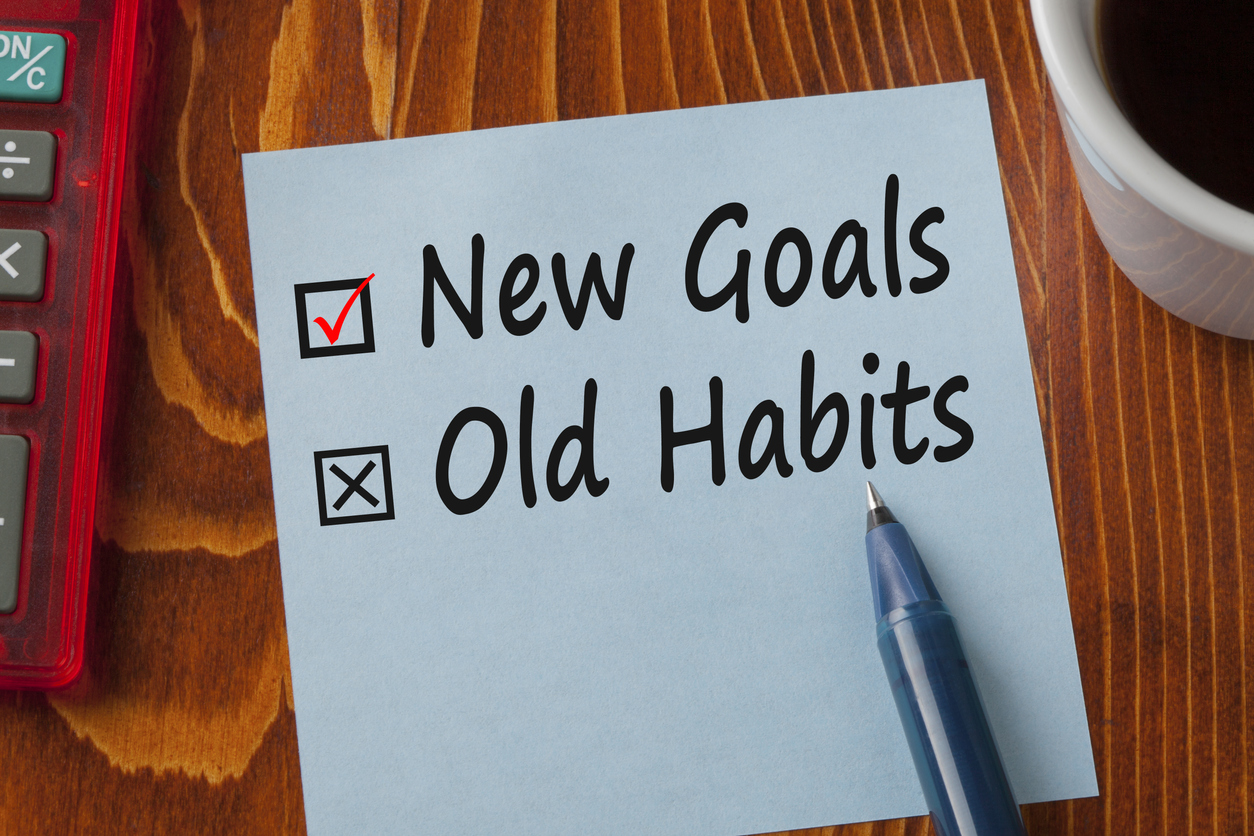People who suffer with substance use disorders, seem to drift, without the clear direction they once had for their life. Your personal goals and your career might feel off track and completely out of reach because of your substance use.
In recovery, your hopes and dreams can come alive again. The future you once believed you could have, can be reborn. Focusing on personal goals and dreams can provide a sense of purpose, while you work towards improving your overall quality of your life.
Big goals may feel overwhelming, and you may not have a clear point from which to start. It helps, when thinking about your personal goals, to make sure they are specific. It is natural to want to set goals with the big end in sight, however it is important to find success in reaching your goals.
Start by identifying areas in your life where you want to see improvement and create specific and achievable goals around them. Soul-search areas of your life where you want to see change. The list below identifies areas you can search to find your personal recovery goals:
- Physical health
- Mental health
- Substance use
- Spirituality
- Personal development
- Relationships
- Basic needs
- Employment
- Financial Health
- Education
- Legal issues
- Being of service
From this list, you can identify areas of improvement where you would like to focus. It is natural to find several areas where you want to focus your goals. This time of self-discovery is exciting.
“A goal should scare you a little, and excite you a lot”- Joe Vitale
Try not to become overwhelmed in the process of creating your newfound goals. Prioritize your goals by selecting two or three to focus on first. If substance use has been an issue for you, a sobriety goal might be your highest priority. Once you have success in sobriety, working on your mental, spiritual, and physical health are logical next step goals.
As you begin to see success in achieving your personal recovery goals, you will feel empowered to tackle the other goals that you have identified. Basic needs and financial health goals are a natural sequence from sobriety, mental and physical wellbeing. Additional goals, while still important, may need to come later, after your primary goals are managed well. Remember, the importance of creating small achievable goals, are so through a series of small steps you achieve your overarching larger goals.
In identifying your recovery goals, consider why they are important to you. If your goals help you achieve health, happiness, and healthy relationships, then you are right on track. If you discover that you have identified a goal for the purpose of pleasing someone else, you might consider whether it is a goal worth your focus.
Your newly identified goals, above all, need to be realistic. If your personal recovery goals are reasonable and achievable, then they are worth working towards.
Now, you have what it takes to create a comprehensive list of realistic, meaningful, and specific personal recovery goals. The next step is to use your list to develop a successful plan that actively works toward achieving your goals.
“Without dreams and goals there is no living only merely existing, and that is not why we are here”– Mark Twain












